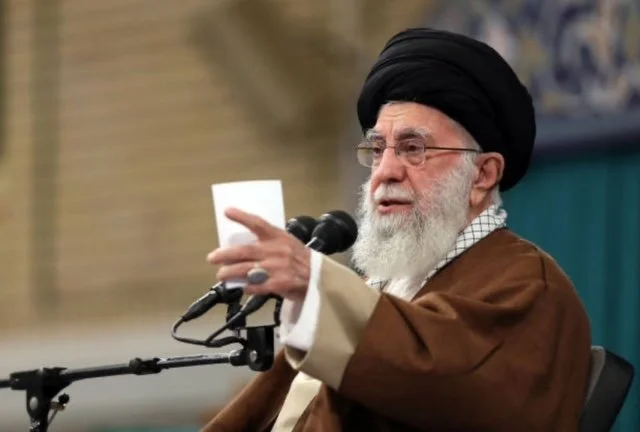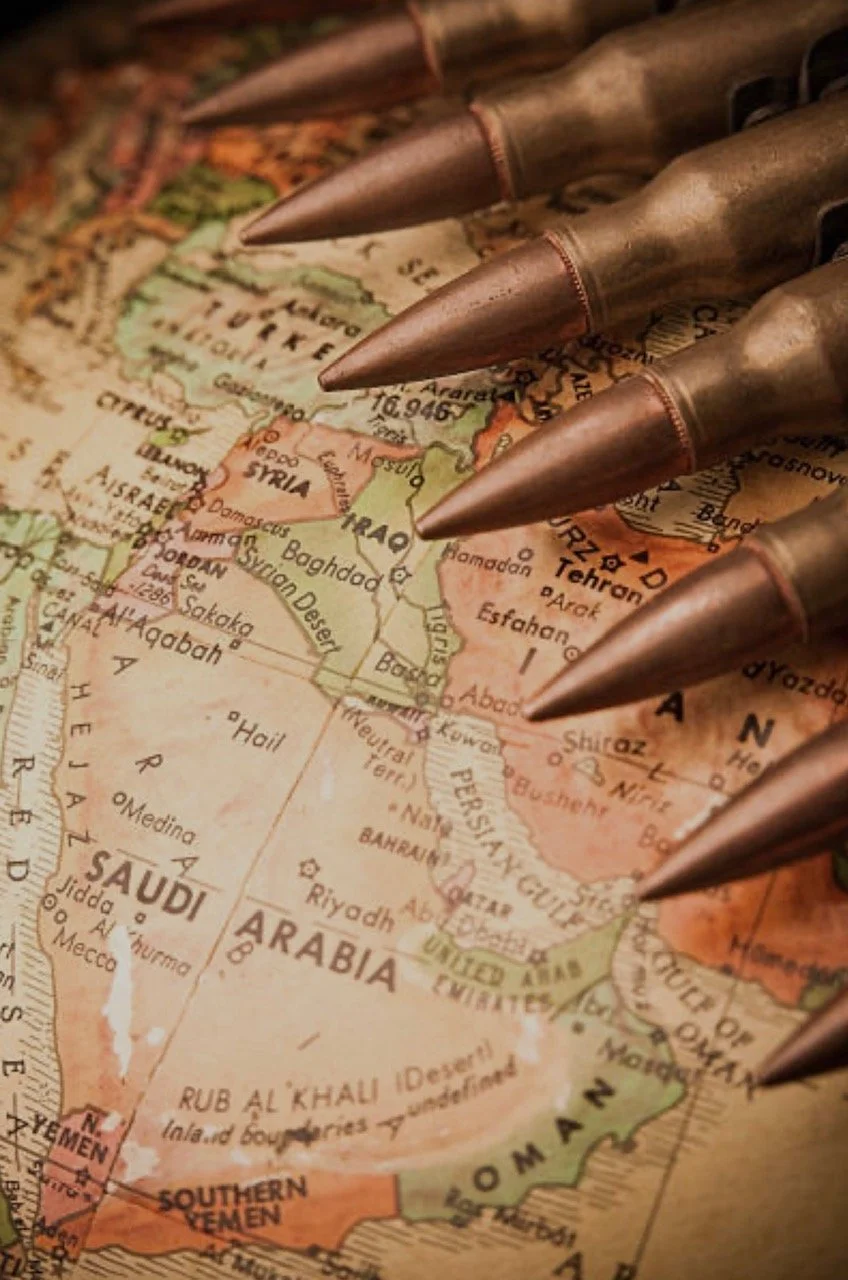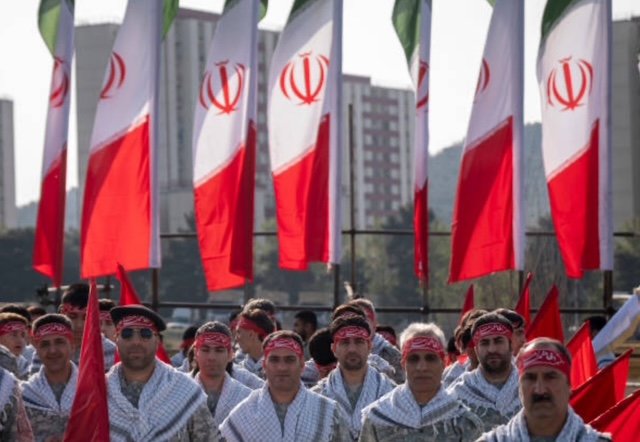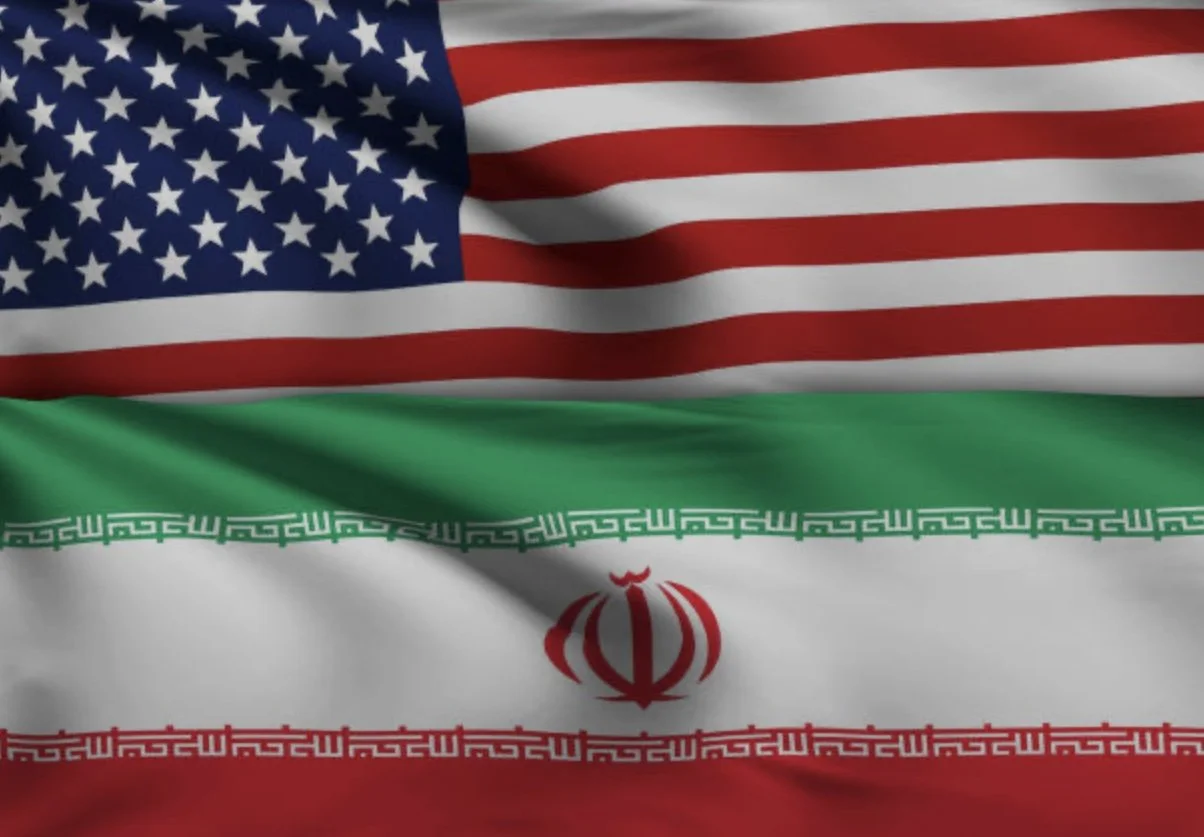Iran and its proxies in Middle-East
The relationships between Iran, Yemen, Lebanon, Palestine and Syria involve a mix of political, ideological, and military dynamics, often shaped by regional conflicts and alliances.
Iran and Yemen
Iran has been a supporter of the Houthi movement in Yemen, a Shia-led group that has been involved in a civil war against the internationally recognized government, which is backed by Saudi Arabia. Iran's support for the Houthis includes military aid and political backing, which aligns with its broader strategy to extend its influence in the region and counteract Saudi Arabia's dominance. This involvement has contributed to the perception of Yemen as a proxy battleground in the larger Saudi-Iran rivalry.
Iran and Lebanon
In Lebanon, Iran is a key supporter of Hezbollah, a Shia militant group and political party that emerged in the 1980s. Hezbollah receives financial, military, and logistical support from Iran, viewing itself as a resistance movement against Israel and a defender of the Shia community in Lebanon. This relationship has allowed Iran to project its influence in Lebanon and the broader Levant region, while also contributing to tensions with Israel and Saudi Arabia.
Iran and Palestine
Iran has positioned itself as a supporter of Palestinian groups, particularly those that resist Israeli occupation. This includes organizations like Hamas and Islamic Jihad, which receive varying levels of support from Iran in terms of funding, military training, and weapons. Iran frames its support for the Palestinian cause as part of its broader opposition to Israel and a commitment to the Muslim world, although this support is often viewed with skepticism by some Palestinian factions and other regional players.
Interconnections
The relationships among these entities are interconnected through a shared opposition to U.S. influence in the region and a common interest in countering Saudi Arabia's role. Iran's alliances with groups in Yemen, Lebanon, and Palestine are often seen as part of its strategy to establish a network of influence that can challenge rival powers.
Overall, these relationships reflect the complex geopolitical landscape of the Middle East, characterized by sectarian divides, national interests, and the influence of external actors. Each relationsThe relationships among Iran, Yemen, Lebanon, and Palestine are characterized by a complex interplay of political, ideological, and military dynamics, frequently shaped by regional conflicts and alliances.
**Iran and Yemen**
Iran has consistently supported the Houthi movement in Yemen, a Shia-led group engaged in a civil war against the internationally recognized government, which receives backing from Saudi Arabia. Iran's assistance to the Houthis encompasses military aid and political endorsement, aligning with its overarching strategy to expand its influence within the region and to counteract Saudi Arabia's preeminence. This involvement has led to the perception of Yemen as a proxy battleground within the broader rivalry between Saudi Arabia and Iran.
**Iran and Lebanon**
In Lebanon, Iran plays a pivotal role in supporting Hezbollah, a Shia militant organization and political party that emerged in the 1980s. Hezbollah receives substantial financial, military, and logistical support from Iran, positioning itself as a resistance movement against Israel and a protector of the Shia community in Lebanon. This relationship facilitates Iran's ability to project its influence in Lebanon and the broader Levant, while simultaneously exacerbating tensions with both Israel and Saudi Arabia.
**Iran and Palestine**
Iran has established itself as a supporter of Palestinian groups, particularly those that oppose Israeli occupation. This includes organizations such as Hamas and Islamic Jihad, which receive varying degrees of support from Iran in terms of funding, military training, and armaments. Iran frames its backing of the Palestinian cause as part of its wider opposition to Israel and its commitment to the Muslim world; however, this support is often met with skepticism from certain Palestinian factions and other regional actors.
**Interconnections**
The relationships among these entities are interconnected through a mutual opposition to U.S. influence in the region and a shared interest in countering Saudi Arabia's role. Iran's alliances with groups in Yemen, Lebanon, and Palestine are frequently perceived as components of its strategy to establish a network of influence capable of challenging rival powers.
Iran and Syria
relationship is characterized by a strategic alliance that has developed over several decades, rooted in political, military, and economic cooperation.
Historical Context
Iran and Syria have maintained close ties since the 1979 Islamic Revolution in Iran. The two countries share a common interest in countering U.S. influence in the region and opposing Israel. This alignment has been particularly significant in the context of Middle Eastern geopolitics.
Political Alliance
Both nations have supported each other politically. Syria has been a key ally for Iran in the Arab world, providing a platform for Iranian influence in the Levant. Conversely, Iran views Syria as a critical partner in its efforts to project power and influence throughout the region.
Military Cooperation
Iran has provided substantial military support to the Syrian government during the Syrian Civil War, which began in 2011. This support has included financial assistance, military advisors, and the deployment of Iranian Revolutionary Guard Corps (IRGC) personnel. Additionally, Iran has facilitated the involvement of allied militia groups, including Hezbollah, to bolster the Syrian military against various opposition factions.
Economic Ties
Economically, Iran and Syria have engaged in various agreements aimed at enhancing trade and investment. Iran has sought to strengthen its economic influence in Syria, particularly in the context of post-war reconstruction efforts.
Strategic Significance
The alliance is strategically significant for Iran, as it provides access to the Mediterranean Sea and enables the establishment of a "land corridor" through Iraq and Syria to Lebanon, where Hezbollah operates. This corridor is crucial for Iran's ability to supply and support its allies in the region.
Challenges
While the alliance has been robust, it also faces challenges. The ongoing conflict in Syria has created a complex environment with multiple actors involved, including Russia and Turkey, which can sometimes complicate Iran's objectives. Additionally, Iran's support for the Syrian government has drawn criticism and opposition from various regional and international players.
In summary, the relationship between Iran, Palestine, Lebanon, Yemen and Syria is multifaceted, driven by a combination of political, military, and economic factors, with both countries benefiting from their alliance while navigating the complexities of regional dynamics.










